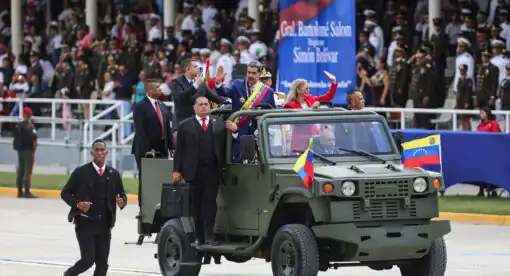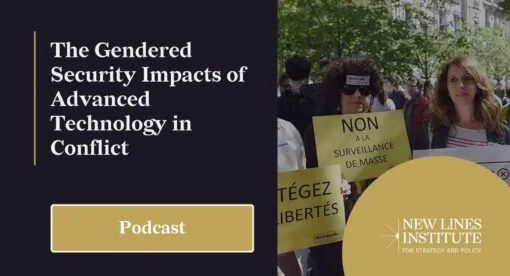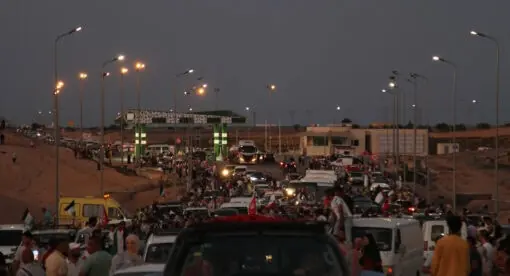Read the full report here
Syria, led by an interim government following the fall of President Bashar al-Assad, is in a critical transitional phase that will determine whether the country emerges on the other side of a devastating civil war or collapses into failed-state status again. U.S. and international sanctions, along with Office of Foreign Assets Control designations on the leadership of Hay’at Tahir al-Sham, the Sunni Islamist group that led the overthrow of Assad, had significantly stalled Syria’s economic revival. This has deepened widespread poverty, stalled the return of millions of displaced Syrians who fled their homes due to violence, and exacerbated incidents of communal violence. Sanctions relief is vital to saving Syria from complete economic collapse, allowing reinvestment to aid in Syria’s rebuilding.
While some sanctions packages on Syria have been revoked, providing a critical lifeline for Syria’s rebuilding, the U.S. should not offer Syria’s interim government a blank check. A dial mechanism to assess and monitor progress on key state-building goals, including governance, social reconciliation, and economic development, is essential. Without continued and consistent U.S. engagement and clear benchmarks established to monitor progress, Syria risks authoritarian backsliding, further societal fracturing, renewed extremism, and potentially another civil war. Monitoring of development should be paired with a U.S. policy “dial” that responds to and incentivizes meaningful progress and consequences for actions that undermine stability and reform. Sanctions relief is essential for progress, but it must be accompanied by policy that encourages development in Syria that is transparent, inclusive, and sustainable.
The views expressed in this article are those of the author and not an official policy or position of New Lines Institute.






